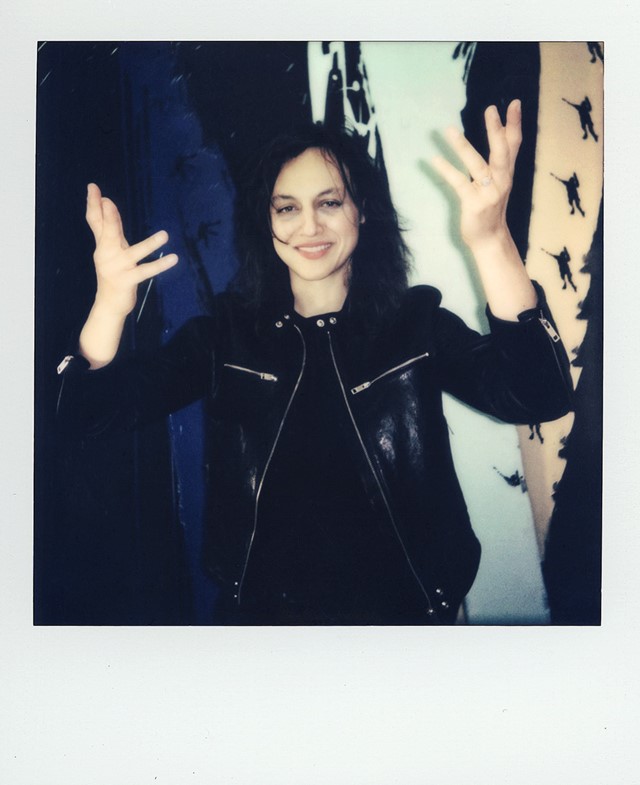The Iranian-born American artist talks about the four books that helped her understand history, and how we can use these to understand ways artists can communicate today
This article is taken from the Spring/Summer 2024 issue of AnOther Magazine:
“How do we hold the present, the effects of conflict, when it’s so devastating? How can we hold it in a historical way without being overcome by it? Since MeToo and Black Lives Matter, there has been a refocusing of power – people who have never had it but who have worked all their lives have been given positions as the gatekeepers of culture for the first time and there was a lot of space gained. But now we’re seeing some of these people using their voice to take alternative positions – and being unceremoniously fired – at least in the States. All of that work undone. There are four books helping me to hold history in mind – Jacques Ellul’s Propaganda: The Formation of Men’s Attitudes, Napoleon: A Life by Andrew Roberts, Iran: A Modern History by Abbas Amanat and Piers Brando’s The Dark Valley: A Panorama of the 1930s. When you look at these events in the context of 500 years, they look very different. Right now it feels like democracy, liberty, difference – liberal values – are at stake. We need to think about the fragility of these structures we’re taking for granted. I’m trying to figure out what is worth making that would engage and awaken our desire for freedom of speech and thought. Because you can’t find it without making it. You can’t just think it. As artists, we’re safest – we’re self-employed and we have more freedom to stand up for our ideologies. But even artists are being intimidated, retracting their statements. Finding a way to communicate is our job today – to be curious, not frightened, not consenting through silence. This is an invitation of sorts.”
Curiosity is key to the Iranian-born American artist Tala Madani’s practice – she has an incisive eye and is unafraid to root around in the manifold discomforts of the human experience. For the past 20 years, her plasticky, poo-smeared paintings, scratchy drawings and blobby animated characters have poked at established notions of gender, childhood, motherhood, collective idealism and power structures. And despite the gut-wrenching reality of global events, that mission remains unchanged. This spring Madani’s work will feature in two shows: a solo survey at the National Museum of Contemporary Art EMST, Athens, as part of its What If Women Ruled the World? programme, and Hettie Judah’s major group exhibition Acts of Creation: On Art and Motherhood at the Arnolfini in Bristol.
Photography captured on Polaroid 1-2 Instant Camera. Production co-ordinator: Lino Meoli. Post-production: Samy’s Camera
This story features in the Spring/Summer 2024 issue of AnOther Magazine, which is on sale now. Order here.
